 Convict Lease Article
Convict Lease Article
Entry Category: Government and Politics - Starting with C
 Convict Lease Article
Convict Lease Article
 Convict Lease Article
Convict Lease Article
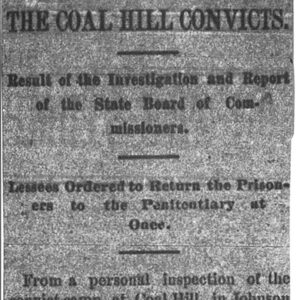 Convict Lease Article
Convict Lease Article
Convict Lease System
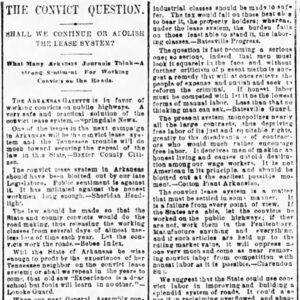 Convict Lease System Article
Convict Lease System Article
 Conway County Courthouse
Conway County Courthouse
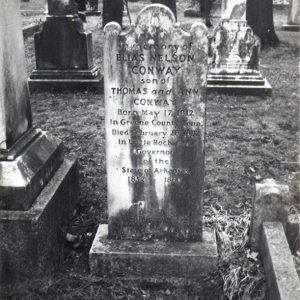 Elias Conway Grave
Elias Conway Grave
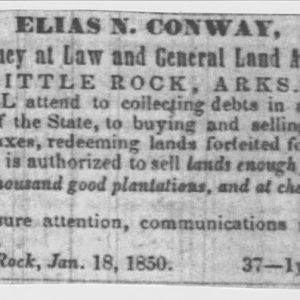 Conway Law Ad
Conway Law Ad
Conway-Crittenden Duel
aka: Crittenden-Conway Duel
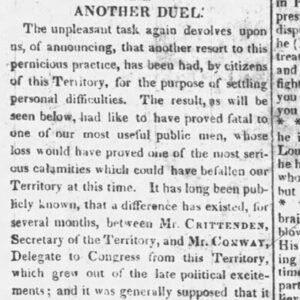 Conway-Crittenden Duel Story
Conway-Crittenden Duel Story
Conway, Elias Nelson
Conway, Henry Wharton
Conway, James Sevier
Conway, Polly
aka: Mary Jane Bradley Conway
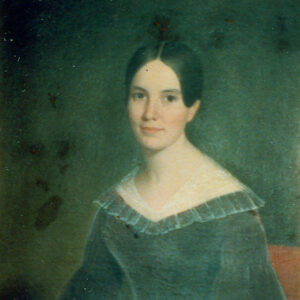 Polly Conway
Polly Conway
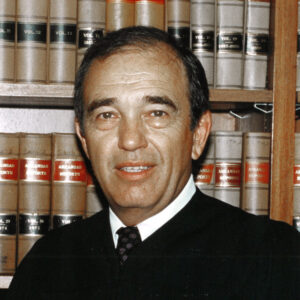 Donald L. Corbin
Donald L. Corbin
Corbin, Donald Louis
 Cotter Pamphlet
Cotter Pamphlet
Cotton, Thomas Bryant (Tom)
 Tom Cotton
Tom Cotton
County Coroner, Office of the
County Judge, Office of
Cox, David Adrian (Dave)
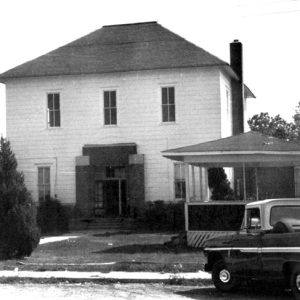 Craighead County Courthouse
Craighead County Courthouse
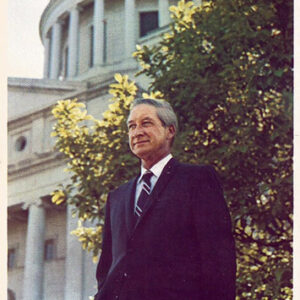 Crank Campaign
Crank Campaign
 Crank Campaign Card
Crank Campaign Card
Crank, Marion Harland
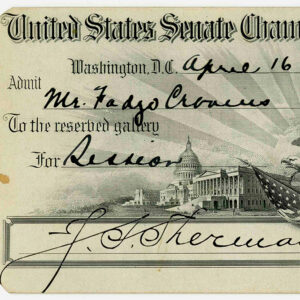 Cravens Senate Card
Cravens Senate Card
Cravens, Jordan Edgar
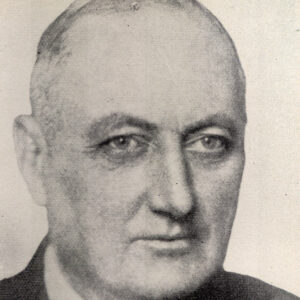 William B. Cravens
William B. Cravens
Cravens, William Ben
Cravens, William Fadjo
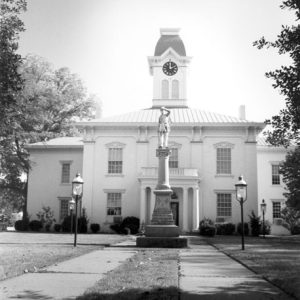 Crawford County Courthouse
Crawford County Courthouse
 Crawford Postcard
Crawford Postcard
Crawford, Eric Alan “Rick”
Crawford, Maud Robinson
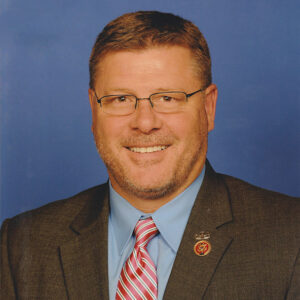 Rick Crawford
Rick Crawford
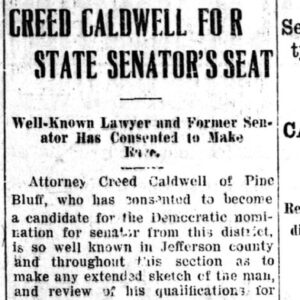 Creed Caldwell Story
Creed Caldwell Story
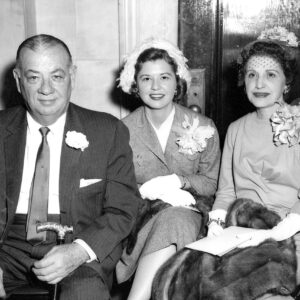 Crip Hall and Family
Crip Hall and Family
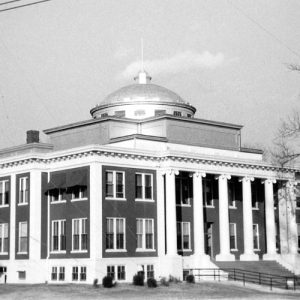 Crittenden County Courthouse
Crittenden County Courthouse
Crittenden County Expulsion of 1888
Crittenden, Robert
Crockett, Davy
aka: David Crockett
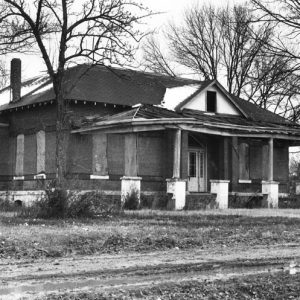 Old Cross County Courthouse
Old Cross County Courthouse
 Cross County Courthouse
Cross County Courthouse
Cross, Edward
Cross, John Storrs
Crossett, Edward Savage
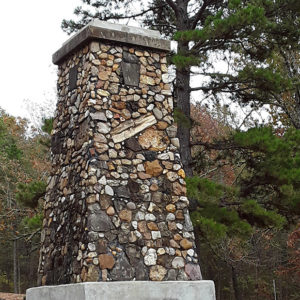 Crowley Monument
Crowley Monument
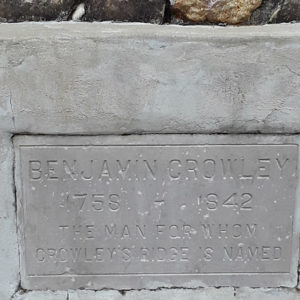 Crowley Monument Detail
Crowley Monument Detail




